Illustrated Glossary
- Kiara Kaur Vij
- Oct 5, 2021
- 3 min read
Updated: Dec 17, 2021
THINK LAB
Scale- refers to size.
Context- the situation or circumstances within which certain things exsist.
Perception- a particular way of looking at or understanding something.
Visual expression- ideas, feelings and values expressed visually.
Stakeholder- individuals, groups or institutions involved in a particular happening of an event and are directly or indirectly affected by it.
Stakeholder Mapping- Visual process of displaying stakeholders as core, direct, and indirect.

Assumptions- Assumptions are when we think of something to be true without definite proof.
Lateral Thinking- when you make a certain decision while looking at multiple views of the situation.
Thinking hats- way of investigating an issue from a variety of perspectives.

White hat- facts and details.
Red hat- intuitive, decisions and feelings.
Green hat- creative and finding new ideas.
Black hat- threat and disadvantages.
Yellow hat- opportunities and benefits.
Blue hat- thinking about the process or managing.
Mundane to Magnificent
Mundane- Ordinary or not exciting.
Magnificent- impressive.
Kirigami- technique of cutting and folding paper.
Perforation- Act of making holes on a paper.
Half cut- cuts made to help in folding a paper.
Crimp- compressed edges.
Embossing- to make a raised design on paper.
Quilling- craftwork involving paper strips and converting them in spirals.
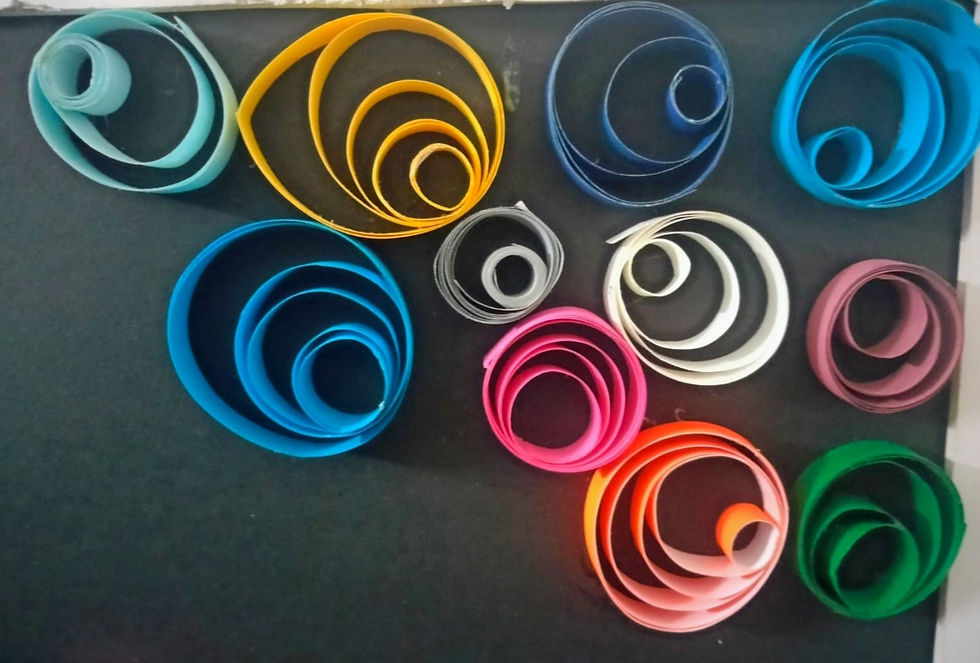
Essence Of Color
Inquiry- an act of asking questions.
Mind Map- a diagram used to visually organize information.

Hue- pure form of a color on a color wheel.
Tint- Mixing white color with hue.
Shade- Mixing black color with hue.
Tone- Mixing grey(black and white) with hue.
Analogous colors- Three colors placed side by side on a color wheel.
Complimentary colors- Colors placed opposite of each other on a color wheel.
Triadic colors- colors which are placed evenly on a color wheel.
Subtractive mixing model- a mixing model which uses CMYK( cyan, magenta, yellow and black) as colors to make other colors. It is mostly used by painters.
Color psychology- study of colors in relation to human behavior.
Cinematography- the art and technology of motion-picture photography.
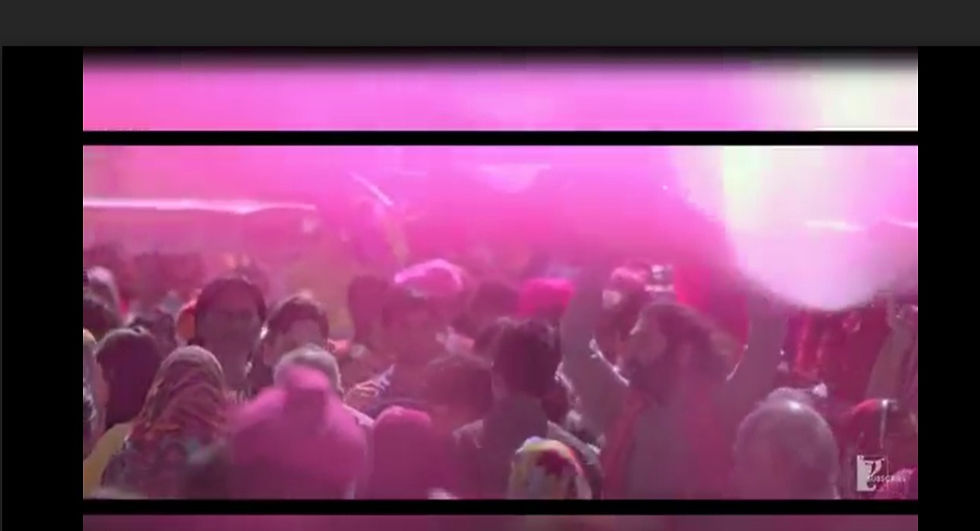
Fundamentals of Visual Language 1
Dot- A small element of visual language.
Line- a long thin mark used as visual language.
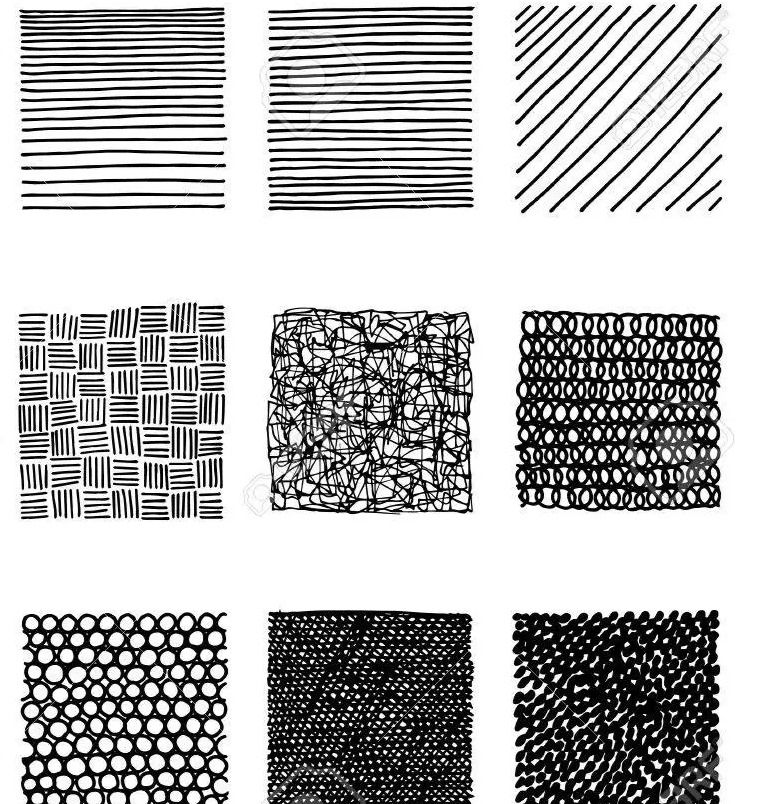
Composition- the parts that form something.
Texture- the way something feels when you touch it.
Shape- a form made with lines.
Form to Formation
Platonic shape- a 3d shape where all sides, shapes and angles are equal in size.
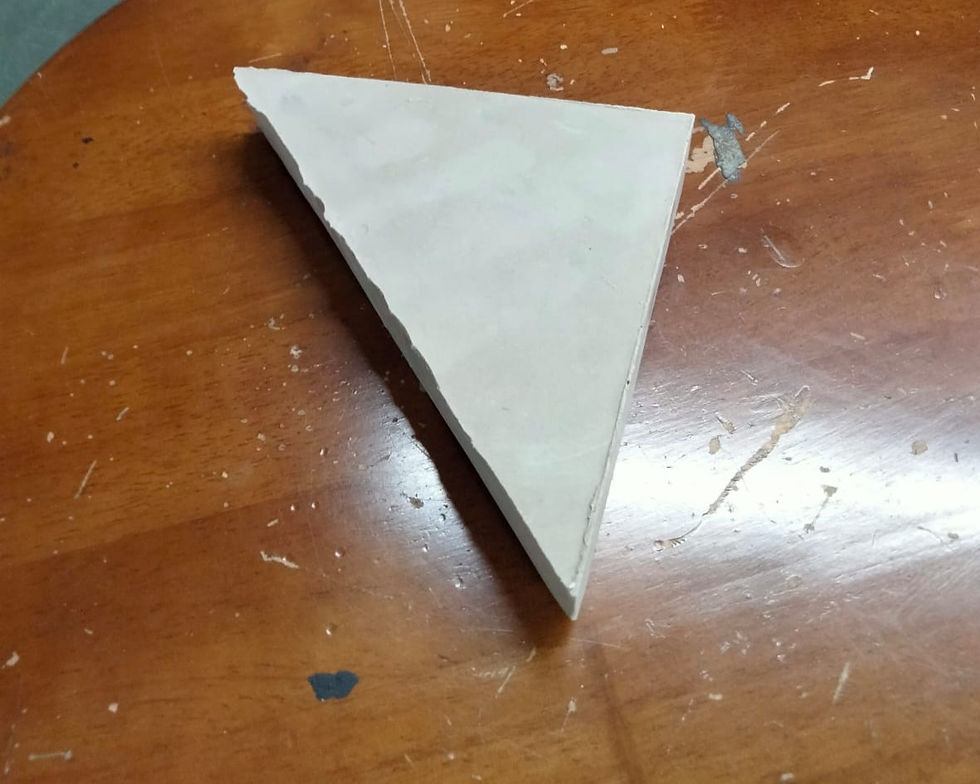
Archimedian solids- a3d shape where angles and shapes are different.
Consistency- Thickness of a liquid.
Extrusion- pulling a shape in 3d form.
Truncation- removing a part from the formation.
Essence Of Culture
Culture- the customs, ideas and beliefs of a particular society, country, etc.

Community- A group of people having same beliefs, norms, ideas, rituals and customs.
Values- Ideas about a culture that what is right according to their beliefs.
Material components- components used as a ritual during a celebration of a culture.
Non-Material components- rituals, beliefs, ideas and norms to be followed in a culture.
Indegenous- group of people native to a specific region and retained their social and cultural characteristics.
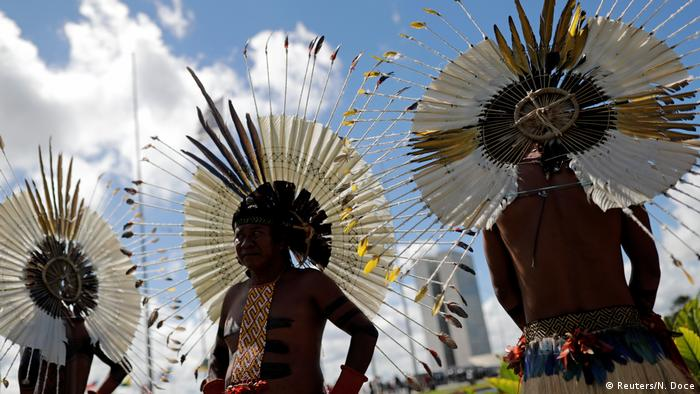
Semi-structured interview- In this the interviewer asks predetermined questions and the rest of the questions are not planned in advance.
5W1H- acronym for what, why, who, when, where and how.
Fundamentals of Visual Language2
Contour- A basic outline of a drawing.
Sepia- a reddish-brown color associated particularly with monochrome photographs of the 19th and early 20th centuries.

Shadow- a shaded area beside an object because of blockage of light.
Tonal variation- Difference in the hues of color because of the reflection of light.
Swatch- A small area to show color or texture.
Highlight- area where light is hitting directly.
Digital skills
Vector- a measurement which have both size and direction.
Raster- made from pixels.
Map- a simple drawing to show directions.
Iterative approach- try-test-revise approach.
Ideation- process of applying variety of ideas.


Comments